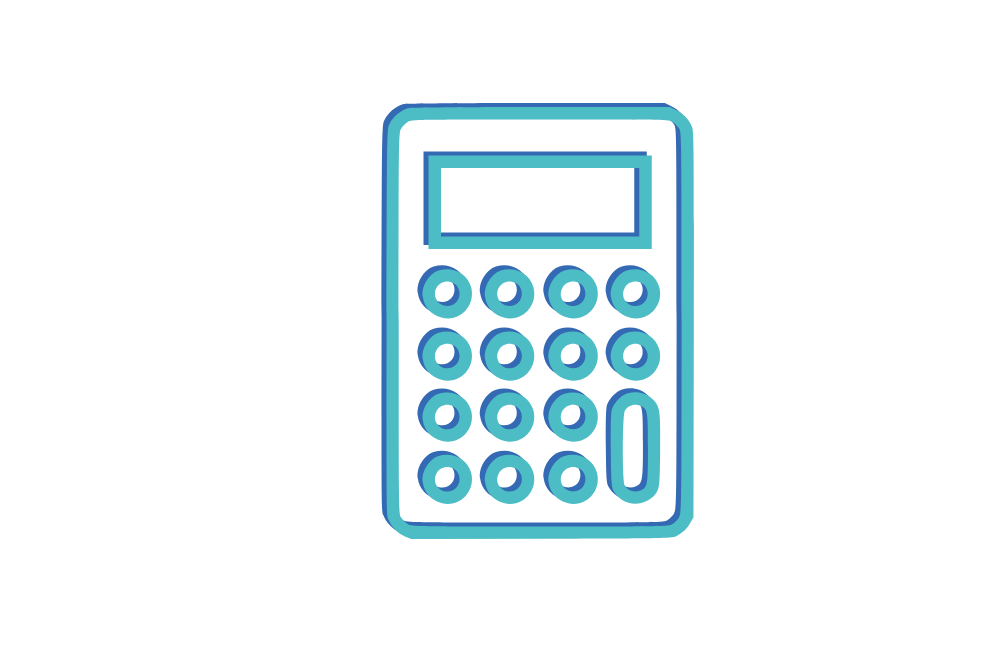Possible Shifts in LA’s Education Accountability
As noted in our last piece on school accountability, the Board of Elementary and Secondary Education (BESE) is considering shifts in our state’s accountability system. To do so, in August of 2021, BESE formed a study group to explore how the state measures, values, and rewards students’ academic growth in the accountability formula. Subsequently, the board expanded the role of the group to study the entirety of Louisiana’s K-12 accountability system and provide BESE with considerations for adopting changes to the state’s accountability formula.

At its June 14th meeting, BESE’s Academic Goals and Instructional Improvement Committee received an update report from the study group, which outlined various recommendations for changes to school accountability in Louisiana. There are a number of proposals and ideas that will be explored, and four major areas are under consideration:

(1) Adjusting the school performance score (SPS) scales to be clearer and easier to understand, and aligned across both K-8 and high school

(2) Making changes to the ways student growth is measured and rewarded

(3) Shifting the components and weights related to measurement of high schools’ performance in the SPS calculation

(4) Continued exploration of a K-2 accountability system
All of these potential changes could have different impacts on our schools. Let’s take a closer look.

Adjusting the school performance score (SPS) scales to be clearer and easier to understand, and aligned across both K-8 and high school
How it works now: School performance scores are determined on a 150-point scale.
What might change: School performance scores would be determined on a 100-point scale, with a potential component that could include up to 25 bonus points to recognize work that exceeds the state’s goals.
What this might mean for our schools: A new letter grade scale would be needed that aligns to the new point scale. For example, what a school currently needs to make an “A” may be different under the new point system.

Making changes to the ways student growth is measured and rewarded
How it works now: As noted in our prior piece, the growth component currently involves a complex calculation related to whether students reach their individual target scores each year on LEAP, or whether they perform better relative to other peers in the state with similar characteristics.
What might change: A few changes could be explored, such as shifts in how individual students’ expected progress is compared against peers who share similar characteristics. Over time, BESE may also seek to change how much weight the growth component carries in the overall school performance score.
What this might mean for our schools: Many New Orleans schools have shown tremendous gains for students by helping them improve what they earn on LEAP, even if they haven’t yet reached Mastery or Advanced. The potential changes could impact both how their work in this particular component is measured, as well as their future overall school performance score.

Shifting the components and weights related to measurement of high schools’ performance in the SPS calculation
How it works now: Unlike elementary schools, high schools’ performance scores include additional areas related to ACT, “strength of diploma,” and whether students graduate from high school in four years. Compared to K-8 schools, outcomes on LEAP 2025 account for a much smaller portion of high school SPS.
What might change: The study group is exploring several potential changes to what is included in high schools’ performance scores in order to align them with the ways elementary schools are assessed, including:
- Changes related to how much the kinds of credentials a student earns in high school are counted towards the “strength” of their diploma
- Changes related to how the state rewards students’ achievement on the ACT
- Greater alignment and weighting of the overall school performance score to the LEAP 2025
What this might mean for our schools: At this time, given the wide-range of potential shifts to the core methodology of how high school performance scores may be calculated, we do not know what impact this may have on each of our local high schools.

Continued exploration of a K-2 accountability system
How it works now: Currently, there is no accountability system in place to assess students’ academic progress in kindergarten, 1st, and 2nd grade.
What might change: The department is continuing its exploration of what a K-2 accountability system could look like in relation to the existing accountability system for grades 3 – 12. In addition to current conversations about reading and literacy, LDOE is encouraging development of a numeracy indicator to assess early math skills.
What this might mean for our schools: There are no immediate impacts anticipated for New Orleans schools while this area is explored. In the future, student outcomes in K-2 may factor into school performance scores.
For any of the above proposals, changes will not be immediate. Instead, the work will probably require formal studies supported by experts in student assessments and school accountability system design.
The Department is engaging with stakeholders right now to find meaningful solutions. Specifically, the LDOE will meet with small groups including schools, district systems, parents, professional organizations, community members, and other entities. The next BESE meetings take place the week of August 22nd and the study group plans to bring a full report of recommendations at that time. NSNO will continue to monitor developments and proposed changes to Louisiana’s accountability system.
